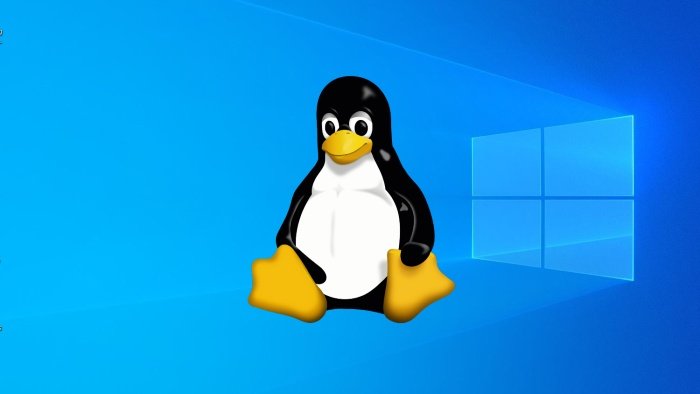Microsoft could release a Linux-based Windows operating system in the not-too-distant future, according to American software developer and open-source advocate Eric S. Raymond. Raymond believes Windows 10 will soon become an emulation layer over a Linux kernel.

Linux-based Windows 10 coming soon?
In his blog post, Raymond had this to say:
“The economic motive is that Microsoft sheds an ever-larger fraction of its development costs as less and less has to be done in-house.”
There are several factors why Raymond’s theory around open-source, Linux based Windows operating system in the future is far from bizarre and far-fetched. In fact, it’s quite the opposite.
As Raymond rightly pointed out, there are two defining moments in the history of Windows that could shape the future of Microsoft’s desktop operating system: Windows System for Linux (WSL) and porting of the Microsoft Edge web browser to Ubuntu.
WSL is nothing but a compatibility layer that enables running Linux binaries natively on the Windows 10 operating system.
Microsoft continues to introduce new features in the Linux kernel to improve WSL. Lest we forget, WSL 2 introduces important changes such as a real Linux kernel and more.
Then comes the economy factor
Microsoft makes most of its money through Azure cloud-computing infrastructure.
With the sales of desktop PCs declining, Raymond predicts Microsoft will want to rethink its operating system focus to maximize the revenue potential.
“Accordingly, the return on investment of spending on Windows development is falling. As PC volume sales continue to fall off, it’s inevitably going to stop being a profit center and turn into a drag on the business,” Raymond added.
From the revenue point of view, Microsoft is likely to infuse more capital investment into its Azure business.
It is believed that Linux dominates all the clouds including Microsoft’s own Azure infrastructure. Azure is said to power Linux more than Windows Server.
For now, the Proton emulation layer allows Windows games distributed on Steam to run over Linux.
Raymond believes the new Windows 10 is mostly a Linux kernel with an old-Windows emulation over it for games and other legacy third-party software.
“…and Linux finally wins the desktop wars, not by displacing Windows but by co-opting it. Perhaps this is always how it had to be,” Raymond concludes.
What do you think will be the future of Microsoft’s Windows operating system? Let us know in the comments.






